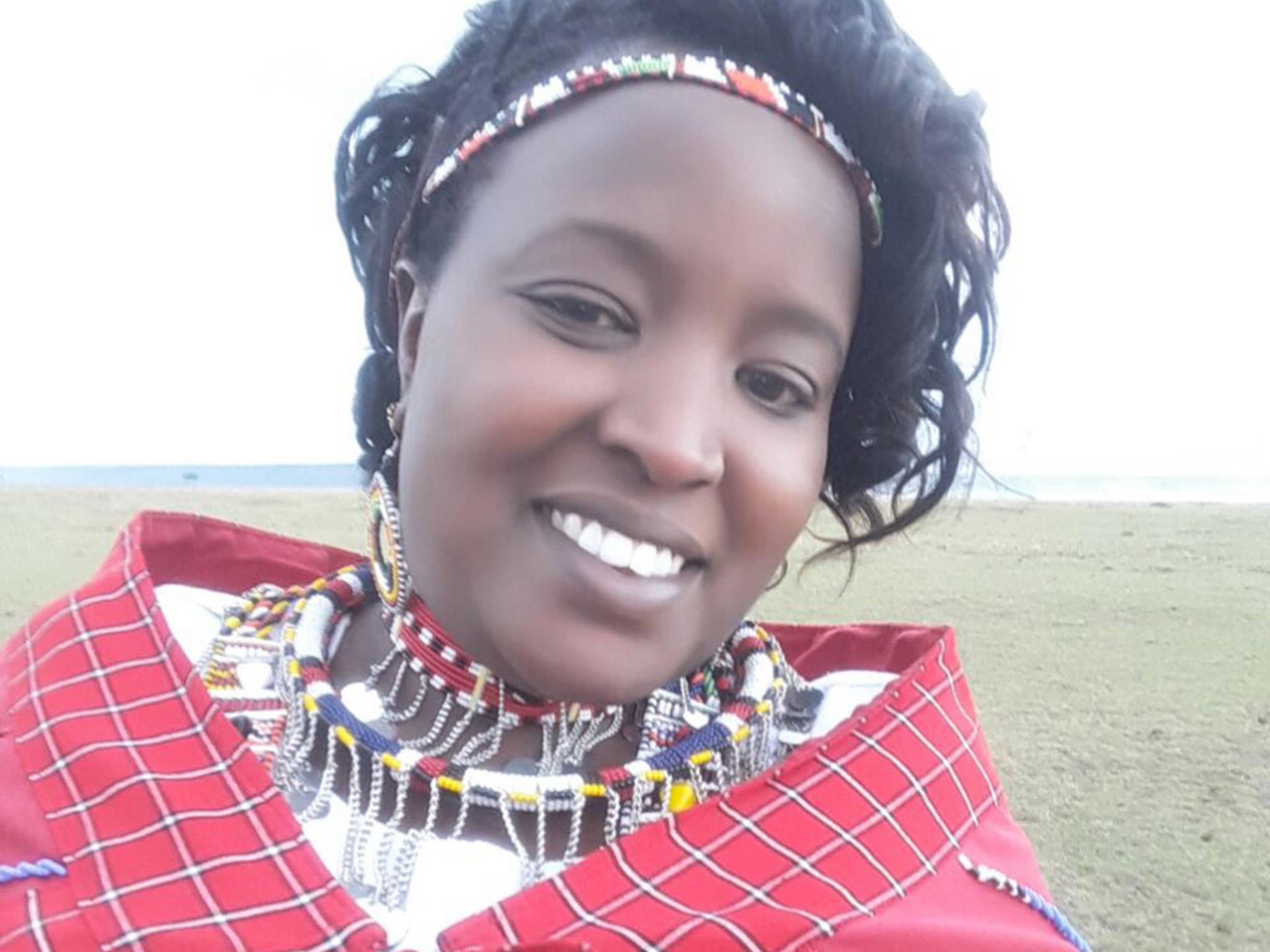What it's like to be the only female safari guide in Kenya
When Lorna Seela Nabaala started working as a safari guide, the others made fun of her. Now, she says, she's a force to be reckoned with

Lorna Seela Nabaala is a force to be reckoned with. As a safari guide in Kenya, she wakes up before dawn breaks to drive tourists through the yellowy scrub and rough terrain of the Maasai Mara. She tracks down killer big cats, and keeps guests safe on foot as she navigates the wild fauna home to hundreds of species of animals. And yet, because she's a woman, she says the first thing that most visitors ask when she greets them is, “Are you the guide?”
Of the 400 guides in the whole of southwestern Kenya’s Maasai Mara, which attracts hundreds of thousands of tourists each year, Seela, 29, says around only 10 are women. The Maasai are a nomadic people with a traditionally pastoral society. For generations, the men herded cattle while women dealt with camp life: collecting firewood, building homes and milking cows. But as the Maasai’s land for herding diminished in the mid-20th century, more and more members of the community left to find work in big cities or turned to local tourism to survive. As a young girl, Seela would watch Maasai safari guides trucking in and out of her village, Oloirien, situated around an hour from the Mara. She decided she wanted to join them one day.
The adventures of Masai safari guide Lorna Seela - In pictures
Show all 5After graduating from high school she joined a handful of pioneering Maasai women at the prestigious Koiyaki Guilding School for a year and a half of intensive training. There she learned how to approach wildlife and teach visitors about the region home to 400 bird species and 95 mammals. Shortly after, she was hired by the luxury Karen Blixen Camp, and became the first female Masai guide in the Greater Mara Area, which encompasses with Maasai Mara National Reserve. She now works as a freelance guide.
“The Maasai people hold the notion that guiding is for men alone. I had the resolve to break the monotony of male guides, and I wanted to change the perception that women can't be guides," she tells The Independent.
“Going to the Koiyaki Guiding School was the happiest moment of my life," she adds. “I got the perfect opportunity to realise my dreams but also to prove to the Maasai community and nation at large that women can be guides.”
“When I started, the other guides made fun of me, saying that I will not make it. But in time they changed and that stopped once and for all.”
Now, she says, other members of the male-dominated industry respect and appreciate her hard work. And it’s certainly a tough job. She wakes up at 5am to take guests on a two-and-a-half-hour game drive at 6:30am. Between 10am to 2:30pm she takes guests on nature walks to the Maasai settlement, or manyatta, then heads off for a four-hour drive at 3pm. After organising a dinner in the bush for guests - where they dine in the centre of a grassy plain - she ends her day at 10pm. In the rainy season, it’s not unusual for her to get stuck in thick soil, and to spend hours pulling her vehicle from the mud. But the best part of the job, she says, is tracking down big cats.
For most of her adult life, Seela has stalked the plains of the Mara, and so once-in-a-lifetime experiences that tourists from outside the reserve seek out are the everyday for her. Still, some moments stick. The most amazing thing she has seen while on safari was last summer during the annual migration of wildebeest, when some 1.5 million animals move northwest from Kenya to Tanzania.
“One of the unlucky wildebeest was captured by a crocodile in the deep waters of a lake, but managed to drag the crocodile a few metres out of the water. Unluckily for the wildebeest, an opportunist leopard was lying nearby and waiting to pounce at the right time.
“The leopard saw the wildebeest struggling to free himself from the jaws of the crocodile, but instead of going for another prey, the leopard joined in and grabbed the wildebeest from the other end. After a lot of commotion, each predator tore off a half.”
Looking to the future, Seela hopes to set up her own luxury camp in the Maasai Mara, and continue inspiring young women to take up guiding.
Subscribe to Independent Premium to bookmark this article
Want to bookmark your favourite articles and stories to read or reference later? Start your Independent Premium subscription today.

Join our commenting forum
Join thought-provoking conversations, follow other Independent readers and see their replies